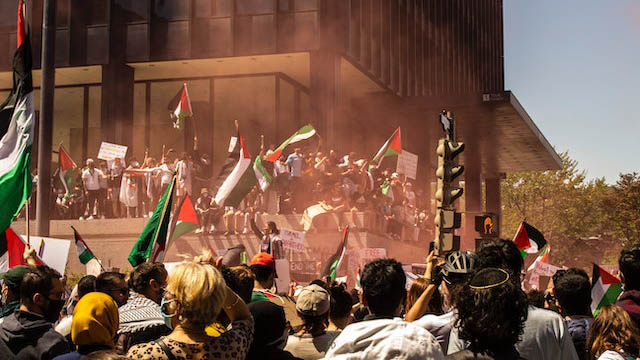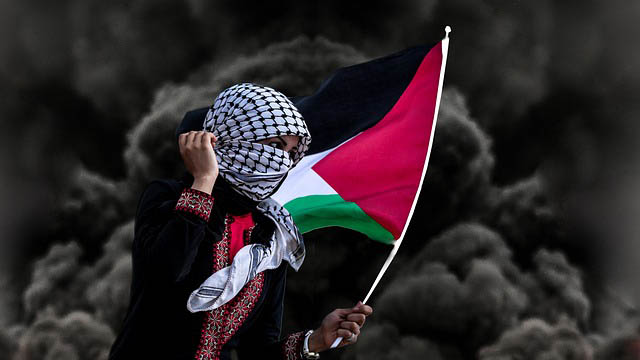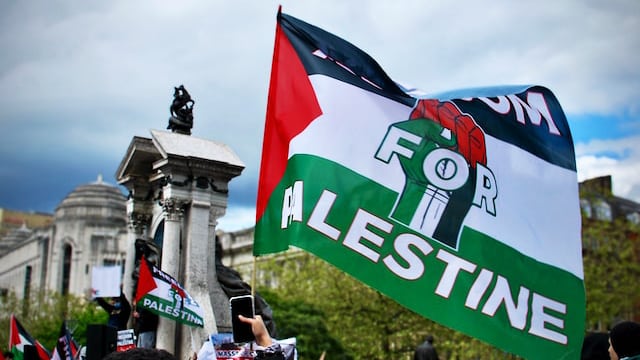On Sunday, March 5th, Israeli Prime Minister Benjamin Netanyahu’s advocacy for attacks on nuclear facilities stirred a worldwide controversy.
Scientific communities have believed that any sort of military intervention in a nuclear facility might trigger a catastrophe, which could severely impact not only a particular country but the entire world.
Netanyahu criticised a comment made by the International Atomic Energy Agency (IAEA) chief Rafael Grossi during the latter’s visit to Tehran, The Times of Israel reported.
On Saturday, March 4th, during a meeting with Iranian officials, Grossi said that any military attack on a nuclear facility would be illegal. He initially made the comment in reference to the armed conflict at Ukraine’s Zaporizhzhia nuclear plant during the Russia-Ukraine war.
Later, when asked about the relentless threats of Israel and the United States against Iran’s nuclear sites, Grossi replied that international law is applied to all nuclear facilities. Significantly, Protocols I (Article 56) and II (Article 15) Additional to the Geneva conventions of 1949 ensure the protection of nuclear sites from armed conflicts.
Soon after Grossi’s comments, Netanyahu criticised him during a cabinet meeting. He termed Grossi’s statement “unworthy” and questioned which international law prohibited military operations at nuclear facilities.
Furthermore, he accused Iran of publicly threatening to destroy Israel. He asked, “Is Iran allowed to protect its weapons of destruction to slaughter us? Are we forbidden to defend ourselves? Of course, we are allowed, and of course, we are doing this….nothing will prevent us from protecting our country.”
Notably, Iran accused Israel of attacking its underground Natanz nuclear facility in 2021. The nuclear centre’s centrifuges were damaged in the attack. Earlier in 2020, Iran accused Israel of killing its top military nuclear scientist in a strategic strike.
In 2015, Iran agreed to a long-term deal to ease the debilitating economic sanctions on it. Iran agreed to the deal (Joint Comprehensive Plan of Action) in the presence of representatives from the United States, UK, France, China, Russia, Germany and the Foreign and Security Council of the European Union (P5+1).
As per the conditions of the deal, Iran was obliged to curb its sensitive nuclear activities (uranium enrichment) and accept the presence of international observers at its nuclear facilities.
In 2018, former US President Donald Trump pulled out of the deal, accusing Iran of violating the conditions of the agreement. A year later, Iran also allegedly began to continue enriching uranium by ignoring the limitations under the accord.
Grossi arrived in Iran on Friday, March 3rd, amid this stalemate in the deal. After Saturday’s meeting, Grossi told the reporters that Iran had agreed to reconnect the surveillance cameras and increase observations at its nuclear facilities.




